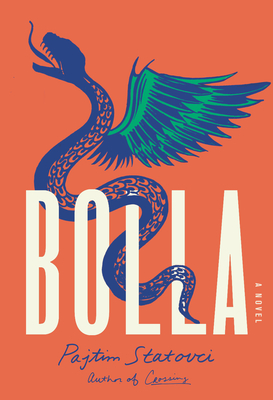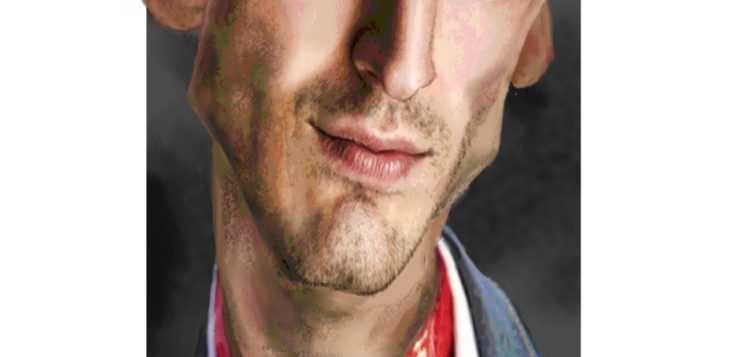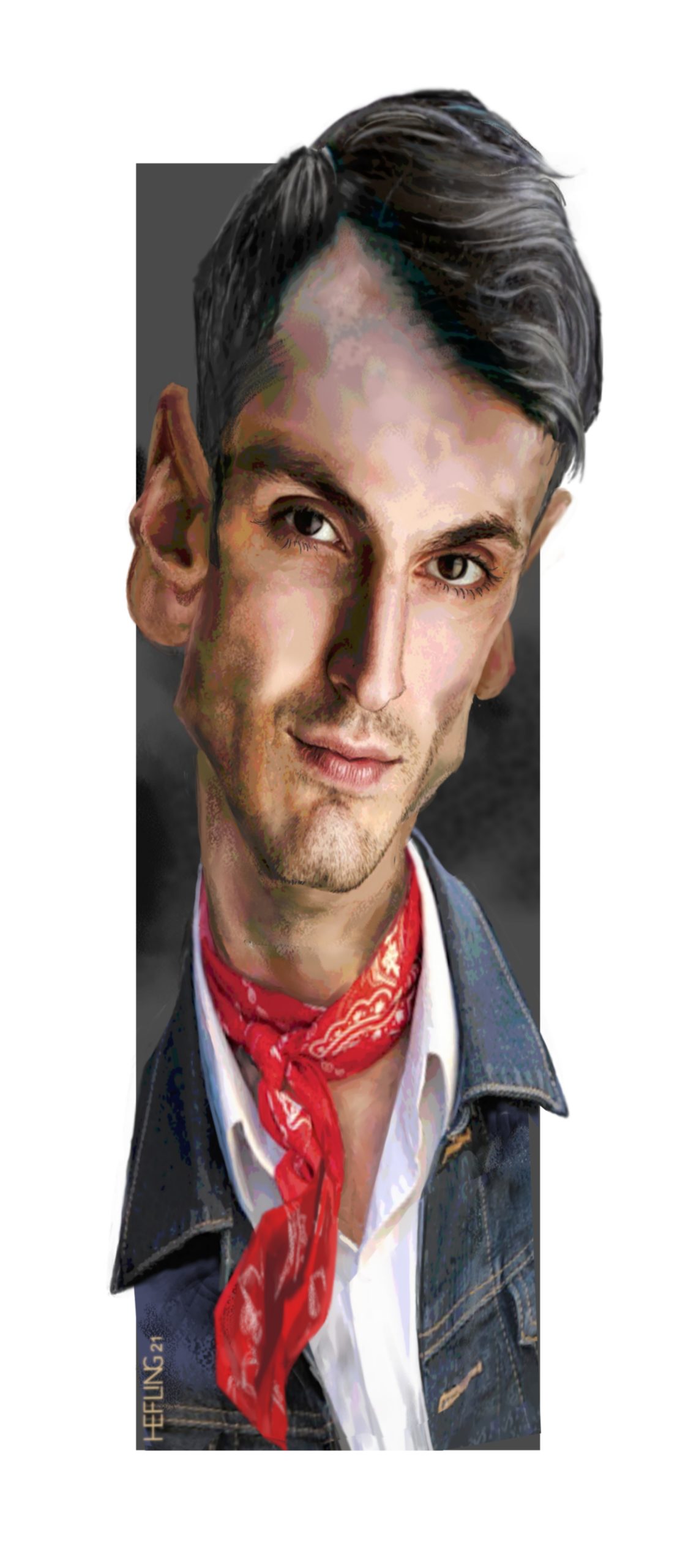 BOLLA
BOLLA
by Pajtim Statovci
Translated by David Hackston
Pantheon. 240 pages, $26.
REVIEWING his novel Crossing in The New Yorker, Garth Greenwell situated Pajtim Statovci within a queer tradition “in which identity is seen as fluid, performative, and even, sometimes, playful.” Both Crossing and his debut novel, My Cat Yugoslavia, are indeed filled with a certain playfulness. In My Cat Yugoslavia, Statovci made use of (sometimes highly allegorical) magical realism, notably via an alternately seductive and violent anthropomorphic cat. In his latest novel, Bolla, identity is something much darker psychologically. While in the earlier novels the prolonged Balkan conflicts of the 1990s and early 2000s existed more as a backdrop, in Bolla war is brought to the forefront of the drama.
Bolla picks up other thematic strands from Statovci’s earlier works. In it, as in Crossing, he explores the aftereffects of a brief but intense relationship. Bolla, too, is characterized throughout by an atmosphere of oppressiveness, with sharp, unrelenting depictions of both sociopolitical and psychological horrors and the devastation that sits at the intersection of these traumas. In all three novels, the Balkan conflicts create an anxious setting for characters who are exploring subversive or transgressive ways of being in a society bound by patriarchal, normative family traditions.
Arsim and Miloš first meet in an unforgettable encounter in 1995 and forge a sudden and intense connection. Arsim, recently married to a woman at his father’s behest, is an aspiring writer working to complete a university degree in Kosovo. His infatuation with Miloš soon becomes an obsession, and as their affair develops alongside the mounting threat of war—“[every]news story drags behind it a train stained with blood”—his wife becomes pregnant with their first child. As conflict erupts in the Balkan countries, Miloš goes to fight, while Arsim flees Kosovo with his family and settles into a more comfortable life in an unnamed modern European city. However, after several years, Arsim is deported—alone—back to a now devastated Kosovo, where, haunted by the memory of his affair with Miloš, he tries to come to terms with the many different lives he’s lived and the husk of a self he feels is left.
Giancarlo Latta is a violinist, writer, and composer based in New York.








